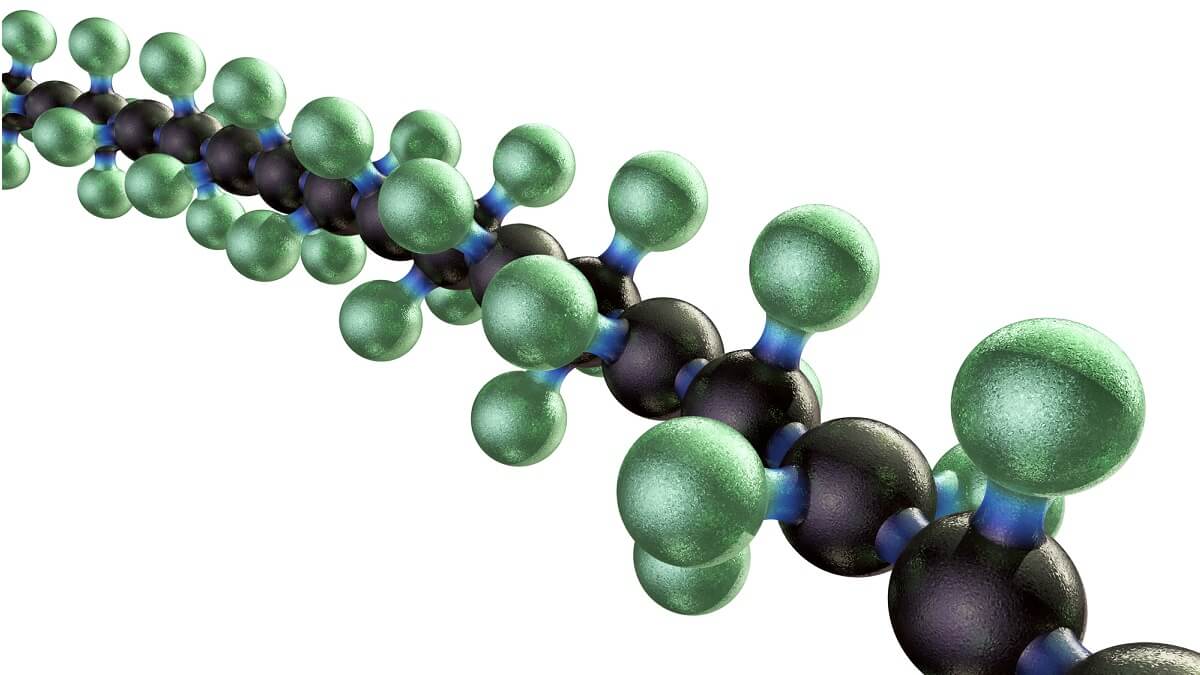Custom-made Polymers: Customized Solutions for Distinct Applications
Custom-made Polymers: Customized Solutions for Distinct Applications
Blog Article
Checking Out the Varied Applications and Advantages of Polymers in Different Industries
Polymers, with their diverse array of residential properties and functionalities, have become crucial in different industries, each gaining distinct advantages from their application. From improving safety and security and performance in the automotive market to transforming clinical devices in the medical care industry, polymers play an essential role.
Automotive Market Applications
Polymers play a critical duty in improving the efficiency and sturdiness of numerous components within the auto sector. These flexible products are extensively used in the production of different parts, varying from indoor components to under-the-hood applications. One famous use polymers in the automobile market is in the manufacturing of light-weight components. By replacing typical metal get rid of polymer-based choices, vehicles can accomplish enhanced gas efficiency without jeopardizing on stamina or safety and security.

Healthcare Industry Advantages
In different health care applications, the benefits of using polymers are commonly identified for their varied variety of helpful properties. Polymers play an important function in the health care industry due to their flexibility, biocompatibility, and cost-effectiveness. One of the primary advantages of polymers in health care is their capability to be tailored to specific requirements, such as flexibility, resilience, and biodegradability, making them optimal for a vast array of medical applications.
Polymer-based materials are thoroughly made use of in clinical devices, such as catheters, implants, prosthetics, and drug delivery systems, as a result of their biocompatibility and capability to imitate all-natural cells. These products can decrease the risk of allergies or beings rejected, improving client safety and end results. Furthermore, polymers are lightweight, making them suitable for wearable clinical gadgets and ensuring person convenience.
Moreover, polymers make it possible for the advancement of ingenious therapy methods, such as hydrogels for cells engineering and nanocomposites this link for targeted medication shipment. Their ease of processing and sterilization makes them crucial for preserving high standards of health in health care setups. Generally, the diverse Full Article advantages of polymers contribute considerably to innovations in clinical technology and patient treatment.
Ecological Benefits of Polymers

Moreover, polymers can contribute to energy savings as a result of their lightweight nature. In markets such as transport, light-weight polymer materials can help in reducing gas usage and greenhouse gas emissions. Additionally, polymers can enable the development of energy-efficient products such as insulation materials that enhance energy conservation in buildings.
Furthermore, polymers play a critical duty in reducing water pollution. The usage of polymer-based filtering systems can successfully eliminate pollutants and contaminants from wastewater, safeguarding water sources and ecological communities. Generally, the environmental benefits of polymers make them valuable properties in promoting sustainability and environmentally friendly methods across numerous sectors.
Polymers in Electronics and Technology
Considering the raising need for innovative and lasting options in contemporary industries, the assimilation of sophisticated polymer technologies in the world of electronics and technology has actually become a crucial method for driving efficiency and efficiency. Polymers have changed the electronics sector by allowing the production of lighter, a lot more flexible, and long lasting electronic gadgets. From mobile phones to medical gadgets, polymers play an essential duty in boosting product layout and capability.
One substantial advantage of polymers in electronic devices is their protecting residential properties, which help secure fragile electronic components from environmental variables and electrical disturbance. Furthermore, polymers are crucial in the advancement of adaptable displays, wearable innovation, and published electronics, providing countless possibilities for producing wise and interconnected gadgets.
Moreover, making use of polymers in digital packaging has brought about advancements in miniaturization and thermal monitoring, boosting the overall performance and integrity of digital systems. As technology continues to progress, the versatility and adaptability of polymers will definitely why not try here drive better innovation in the electronics industry, shaping the future of innovation.
Function of Polymers in Building and Framework
Polymers supply various benefits in the construction industry due to their convenience, toughness, and cost-effectiveness. One crucial role of polymers in building and construction is their use in coverings and sealants, supplying protection versus environmental factors such as dampness, UV radiation, and deterioration.
Additionally, polymers play an essential function in lasting building and construction practices by allowing the advancement of energy-efficient frameworks. Shielding materials made from polymers help control interior temperature levels, lowering the need for heating and cooling systems and eventually reducing power intake - Polymers.
Conclusion
In conclusion, polymers play an important role in various sectors such as vehicle, health care, environmental, electronic devices, and building and construction. From enhancing fuel performance in lorries to boosting medical devices, polymers supply many advantages.
Report this page